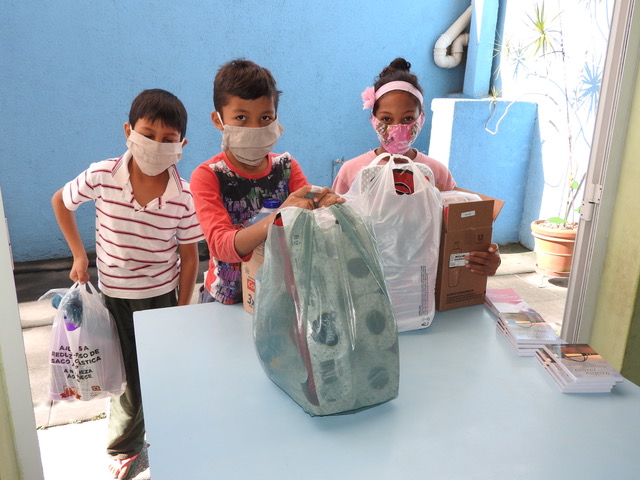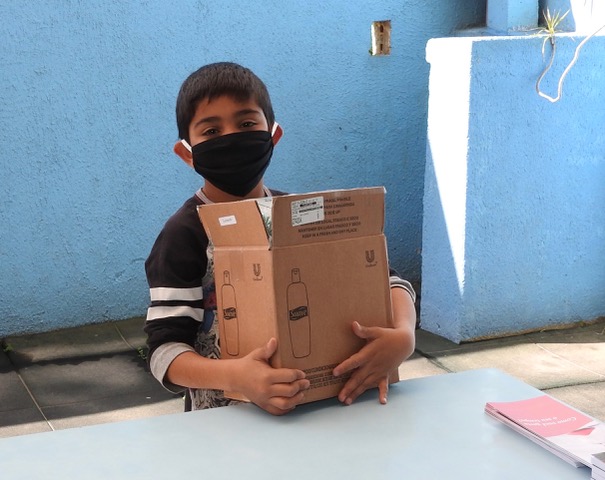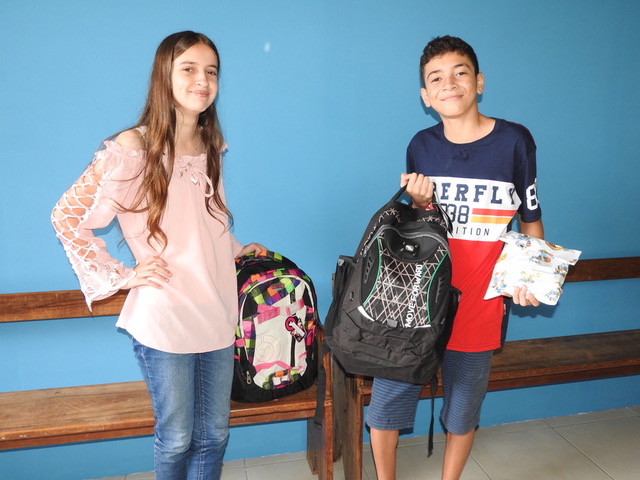facts about Recanto Esperança:
- Ages served: Children between 4–18 years of age are assisted at the center.
- Facility description: The center comprises an office, four classrooms, a large area for art & crafts, a library, a dining hall, and adequate service facilities. The center is also equipped with a state-of-the-art computer lab, which offers computer training to both children and their parents. This training is integral in helping students develop marketable skills for the future – and in helping their parents find better jobs in the meantime.
- Education: The school-aged children attend nearby public schools, where core academic subjects are taught. The center provides school supplies, a small meal, tutoring, and afterschool activities.
- Academic year: Typically begins in early February and ends in early December. Students enjoy summer break from mid-December through the end of January, and a short winter break in July.
- Medical Care: Some medical care is provided with the assistance of volunteer medical personnel.
Brazil is the fifth-largest country in the world – both geographically and in terms of population. It is truly massive, sharing borders with every other country in South America except for Ecuador and Chile. The Amazon rain forest – recognized for having the greatest biological diversity on the planet – sprawls over the country’s northern half, with rugged mountains to the south. Despite its wealth of natural resources and beauty, Brazil suffers from staggering poverty, rising inflation, unemployment, and lack of social development.
These issues are especially pronounced in the Urebaba District of Curitiba, where many families lack the resources to provide for their children’s education and basic needs. For this reason, a group of dedicated leaders set out to establish Recanto Esperança, a non-profit organization and center for integral development. The center’s mission is to help area children and community members rise above the difficult socioeconomic circumstances from which they come, thus breaking the cycle of poverty.
Facts about brazil:
- Population: 212.5 million (2020)
- Languages Spoken: Portuguese (official). Less common languages include Spanish (border areas and schools), German, Italian, Japanese, English, and a large number of minor Amerindian languages.
- Poverty Rate: 19.8% (2020)
- Unemployment Rate: 11% (2020)
READ MORE STORIES FROM OUR PROJECTS IN Brazil:
Supporting Children in Brazil Who Face Trauma
Growing Vegetables at Home in Brazil
A Fully-Baked Idea Brings Economic Stability to Brazilian Moms



